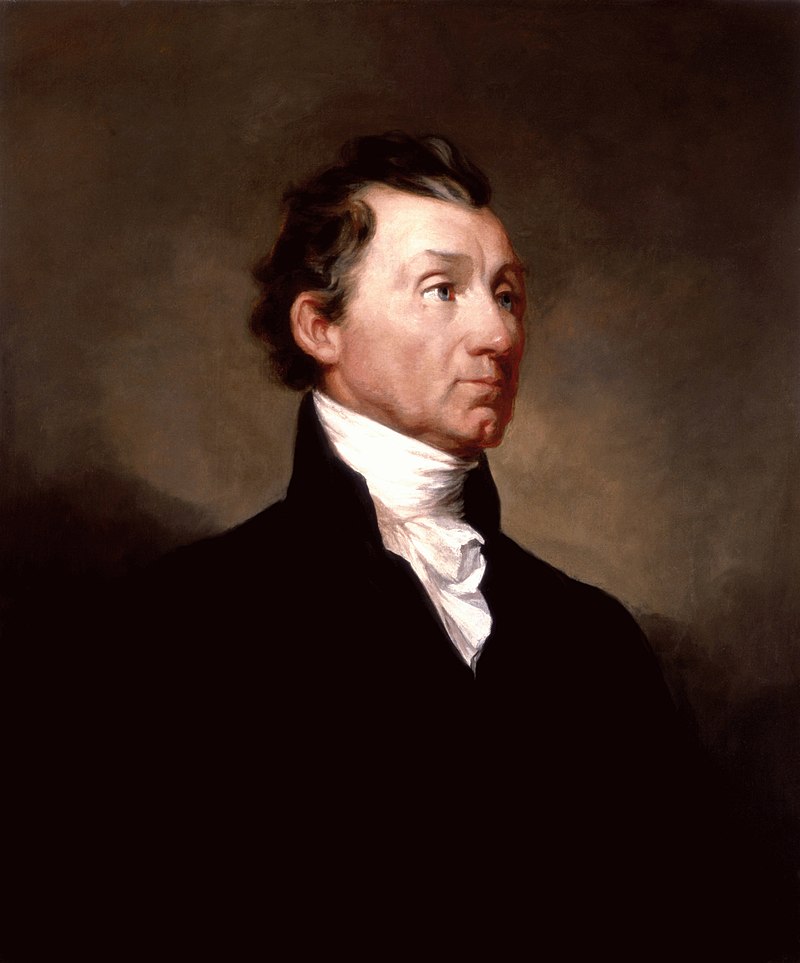James Monroe



James Monroe (April 28, 1758 – July 4, 1831) was an American statesman, lawyer, diplomat and Founding Father who served as the fifth president of the United States from 1817 to 1825. A member of the Democratic-Republican Party, Monroe was the last president of the Virginia dynasty; his presidency coincided with the Era of Good Feelings. He is perhaps best known for issuing the Monroe Doctrine, a policy of opposing European colonialism in the Americas. He also served as the governor of Virginia, a member of the United States Senate, the U.S. ambassador to France and Britain, the seventh Secretary of State, and the eighth Secretary of War.
Born into a planter family in Westmoreland County, Virginia, Monroe served in the Continental Army during the American Revolutionary War. After studying law under Thomas Jefferson from 1780 to 1783, he served as a delegate in the Continental Congress. As a delegate to the Virginia Ratifying Convention, Monroe opposed the ratification of the United States Constitution. In 1790, he won election to the Senate, where he became a leader of the Democratic-Republican Party. He left the Senate in 1794 to serve as President George Washington's ambassador to France, but was recalled by Washington in 1796. Monroe won election as Governor of Virginia in 1799 and strongly supported Jefferson's candidacy in the 1800 presidential election.
As President Jefferson's special envoy, Monroe helped negotiate the Louisiana Purchase, through which the United States nearly doubled in size. Monroe fell out with his longtime friend James Madison after Madison rejected the Monroe–Pinkney Treaty that Monroe negotiated with Britain. He unsuccessfully challenged Madison in the 1808 presidential election, but in April 1811 he joined Madison's administration as Secretary of State. During the later stages of the War of 1812, Monroe simultaneously served as Madison's Secretary of State and Secretary of War. His wartime leadership established him as Madison's heir apparent, and he easily defeated Federalist Party candidate Rufus King in the 1816 presidential election.
Monroe's presidency was coterminous with the Era of Good Feelings, as the Federalist Party collapsed as a national political force. As president, Monroe signed the Missouri Compromise, which admitted Missouri as a slave state and banned slavery from territories north of the parallel 36°30′ north. In foreign affairs, Monroe and Secretary of State John Quincy Adams favored a policy of conciliation with Britain and a policy of expansionism against the Spanish Empire. In the 1819 Adams–Onís Treaty with Spain, the United States secured Florida and established its western border with New Spain. In 1823, Monroe announced the United States' opposition to any European intervention in the recently independent countries of the Americas with the Monroe Doctrine, which became a landmark in American foreign policy. Monroe was a member of the American Colonization Society, which supported the colonization of Africa by freed slaves, and Liberia's capital of Monrovia is named in his honor. Following his retirement in 1825, Monroe was plagued by financial difficulties, and died on July 4, 1831 in New York City. He has been generally ranked as an above-average president by historians.













































0 comments
Sign in or create a free account